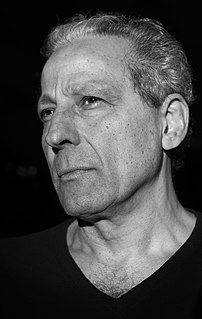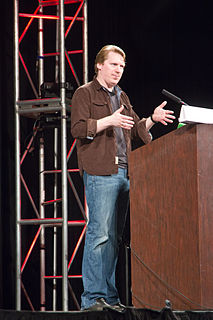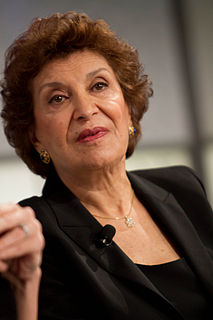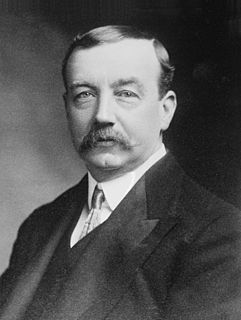A Quote by Kofi Annan
UN peacekeeping operations are now increasingly complex and multi-dimensional, going beyond monitoring a ceasefire to actually bringing failed States back to life, often after decades of conflict. The blue helmets and their civilian colleagues work together to organize elections, enact police and judicial reform, promote and protect human rights, conduct mine-clearance, advance gender equality, achieve the voluntary disarmament of former combatants, and support the return of refugees and displaced people to their homes.
Quote Topics
Achieve
Actually
Advance
After
Back
Beyond
Blue
Bringing
Ceasefire
Civilian
Clearance
Colleagues
Complex
Conduct
Conflict
Decades
Disarmament
Displaced
Elections
Enact
Equality
Failed
Former
Gender
Gender Equality
Going
Homes
Human
Human Rights
Increasingly
Judicial
Life
Mine
Monitoring
Multi-Dimensional
Now
Often
Operations
Organize
Peacekeeping
People
Police
Promote
Protect
Reform
Refugees
Return
Rights
States
Support
Together
Voluntary
Work
Work Together
Related Quotes
I have witnessed firsthand the anguish of this humanitarian tragedy - in Palestine, Iraq, Syria, Pakistan, and other conflict and post-conflict zones. The destruction of lives and hopes, the emotional trauma, and the economic, social, and political marginalization of the displaced, the human insecurity, with real and potentially devastating consequences over generations, in ever-widening arenas of conflict. We can and must ensure the human rights of the displaced. That begins by making their voices heard.
Human rights education is much more than a lesson in schools or a theme for a day; it is a process to equip people with the tools they need to live lives of security and dignity. On this International Human Rights Day, let us continue to work together to develop and nurture in future generations a culture of human rights, to promote freedom, security and peace in all nations.
This is the one international institution we have in which governments get together to work collectively for a common purpose. International crises, by definition, require international solutions. Peacekeeping is a response to conflict, is a response to situations in which often it is not the business of any one particular country to get into. It seems to me, therefore, that the world will for the foreseeable future need peacekeeping.
There's a level of frustration and anger here in the United States that we're not prosecuting this war, and we're actually in discussions about bringing over Muslim refugees into this country, with a president who's now mocking, you know, the talk radio people, mocking the audience on talk video, mocking the sites like Breitbart, that are bringing up these issues.
[Before the Civil Rights Act of 1964], many governments in southern states forced people to segregate by race. Civil rights advocates fought to repeal these state laws, but failed. So they appealed to the federal government, which responded with the Civil Rights Act of 1964. But this federal law didn't simply repeal state laws compelling segregation. It also prohibited voluntary segregation. What had been mandatory became forbidden. Neither before nor after the Civil Rights Act were people free to make their own decisions about who they associated with.










































